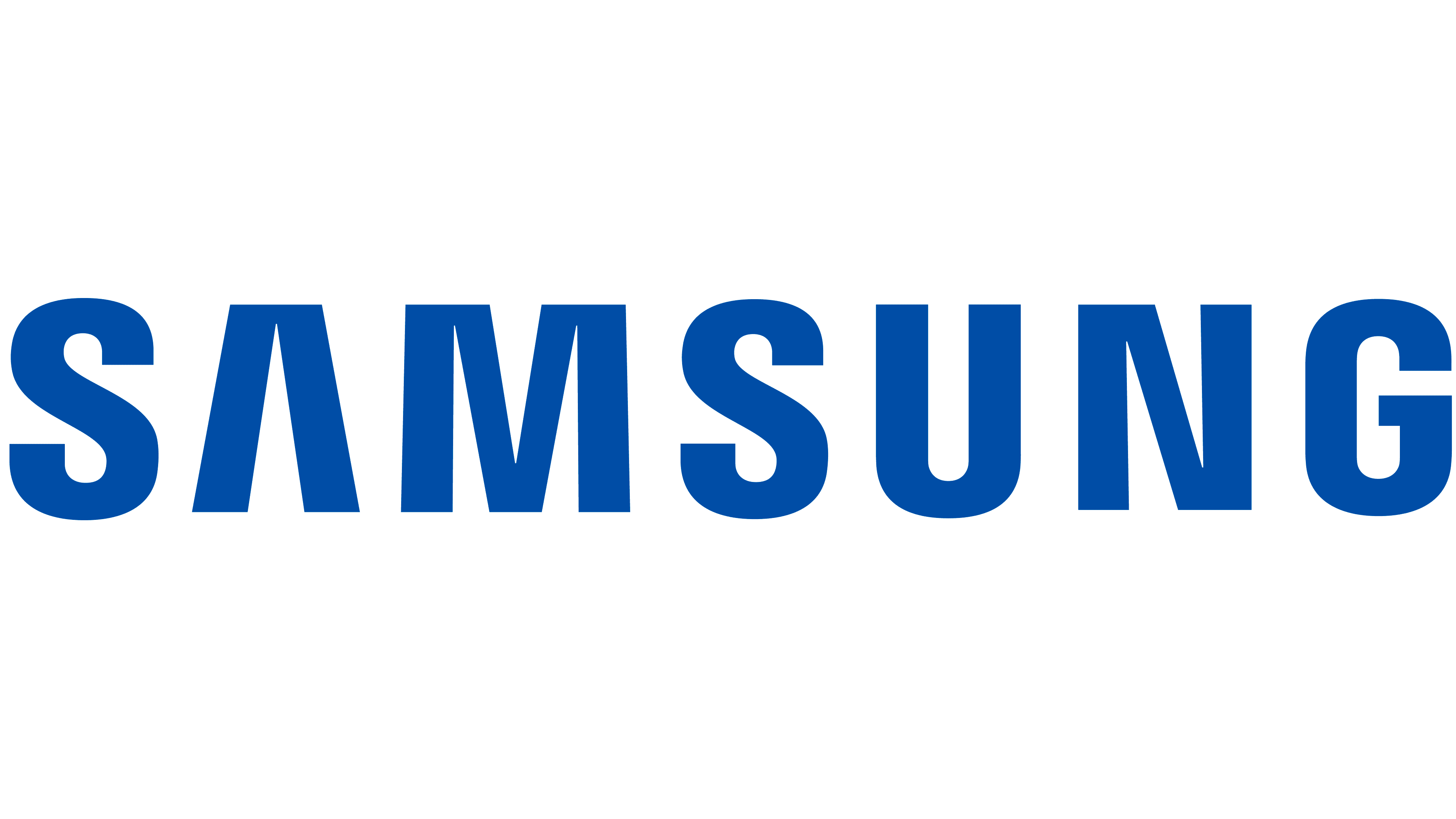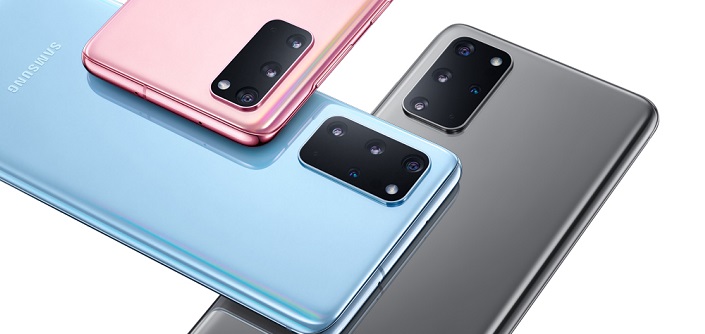Samsung Fridge’s DEADLY Secret Code Revealed! (Don’t Ignore This!)
Meta Title: Samsung Fridge Secret Code: Safety & Maintenance
Meta Description: Discover the hidden code in your Samsung fridge! Learn about potential hazards, maintenance tips, and how to stay safe. Get informed today!
Your refrigerator is more than just a cold box; it’s a vital appliance keeping your food fresh and your family healthy. Samsung refrigerators, with their innovative features, are particularly popular. However, like any complex appliance, they can present potential safety concerns. This article delves into a critical aspect often overlooked: understanding the “secret code” of your Samsung fridge, encompassing potential hazards and essential maintenance practices. Ignoring these crucial details could lead to significant problems, so read on to learn how to keep your fridge—and your family—safe.
The Hidden Dangers Within Your Samsung Fridge
While Samsung refrigerators are designed for convenience, several areas warrant your attention to ensure your safety and the longevity of your appliance. These potential hazards, often linked to improper maintenance or unnoticed malfunctions, constitute the “secret code” you need to decipher.
Refrigerant Leaks: A Silent Threat
Perhaps the most significant danger associated with refrigerators is refrigerant leaks. Samsung refrigerators, like most modern models, use refrigerants like R-134a or R-600a. These chemicals, while effective at cooling, can pose health risks if they leak into your home.
What to Watch For:
- Unexplained increases in your electricity bill. (Link to an article on energy efficiency and appliance usage).
- The refrigerator is not cooling properly, or the temperature fluctuates wildly.
- A hissing sound emanating from the refrigerator.
- A sweet, chemical-like odor, especially near the appliance.
- Difficulty breathing or other respiratory issues, especially if you’re spending a lot of time near the fridge.
What to Do: If you suspect a refrigerant leak, immediately ventilate the area by opening windows and doors. Contact a qualified appliance repair technician immediately. Do not attempt to repair the leak yourself, as handling refrigerants requires specialized training and equipment. (Link to the EPA’s guidelines on refrigerant handling).
Electrical Hazards: Short Circuits and Shocks
Refrigerators, by their very nature, use electricity constantly. This constant use introduces potential electrical hazards that can be exacerbated by moisture and wear and tear.
Common Electrical Issues:
- Damaged power cords: Inspect the power cord regularly for fraying, cracks, or other damage.
- Faulty wiring: Loose connections or damaged wiring inside the refrigerator can lead to short circuits.
- Overloaded outlets: Plugging too many appliances into the same outlet can overload the circuit and cause a fire.
- Water near the electrical components.
Safety Precautions:
- Never operate a refrigerator with a damaged power cord.
- Ensure the outlet is properly grounded.
- Avoid placing the refrigerator near water sources like sinks or dishwashers.
- Unplug the refrigerator before cleaning it or attempting any repairs. If you are uncomfortable with electrical work, always hire a professional.
Water Leaks: Mold and Mildew Concerns
Water leaks, often originating from the ice maker, water dispenser, or defrost system, can lead to significant problems.
Potential Consequences:
- Mold and mildew growth: Water leaks provide an ideal environment for mold and mildew, which can contaminate food and pose health risks.
- Damage to flooring and surrounding cabinetry.
- Electrical hazards.
Preventive Measures:
- Regularly check the water line connection to the refrigerator.
- Inspect the ice maker and water dispenser for leaks.
- Clean the drip pan located beneath the refrigerator regularly.
- Ensure the defrost drain is clear and unclogged.
Decoding the “Secret Code”: Maintenance is Key
Preventing these hazards requires proactive maintenance. This is where the “secret code” of your Samsung fridge truly comes into play – by understanding how to care for your appliance, you mitigate risk.
Cleaning and Inspection Checklist
Regular cleaning and inspection are crucial for identifying potential problems early on.
Monthly:
- Clean the interior of the refrigerator, including shelves, drawers, and door seals. (Link to a guide on cleaning your fridge).
- Check the water dispenser for leaks.
- Inspect the power cord for damage.
Quarterly:
- Clean the condenser coils (located at the back or bottom of the refrigerator) to improve efficiency. (Link to a video tutorial on cleaning condenser coils).
- Check the door seals for cracks or damage.
- Empty and clean the ice maker (if applicable).
Annually:
- Have a qualified appliance technician inspect the refrigerator for any potential issues, including refrigerant leaks.
- Replace the water filter.
Troubleshooting Common Problems
Familiarize yourself with common issues and how to address them. This knowledge empowers you to take action before a minor problem escalates.
- Refrigerator is not cooling: Check the power cord, the thermostat settings, and the condenser coils. If the problem persists, contact a technician.
- Ice maker is not working: Check the water supply, the ice maker’s power switch, and the water filter.
- Water dispenser is leaking: Inspect the water line connection and the dispenser itself.
- Unusual noises: Investigate the source of the noise. It could indicate a problem with the fan, compressor, or other components.
Conclusion: Protecting Your Family and Your Investment
Understanding the potential hazards associated with your Samsung refrigerator and implementing a proactive maintenance plan is not just about keeping your appliance running smoothly; it’s about protecting your family’s health and safety. By knowing the “secret code” – the potential dangers and the maintenance practices – you can significantly reduce the risk of refrigerant leaks, electrical hazards, and water damage. Regular cleaning, inspection, and prompt attention to any issues are your best defenses. Remember, a well-maintained refrigerator is a safe and efficient appliance, ensuring your food stays fresh and your home remains a healthy environment. Don’t ignore the signs; your safety depends on it.




